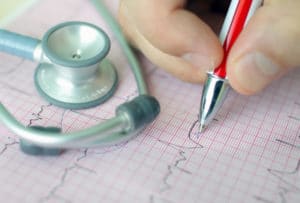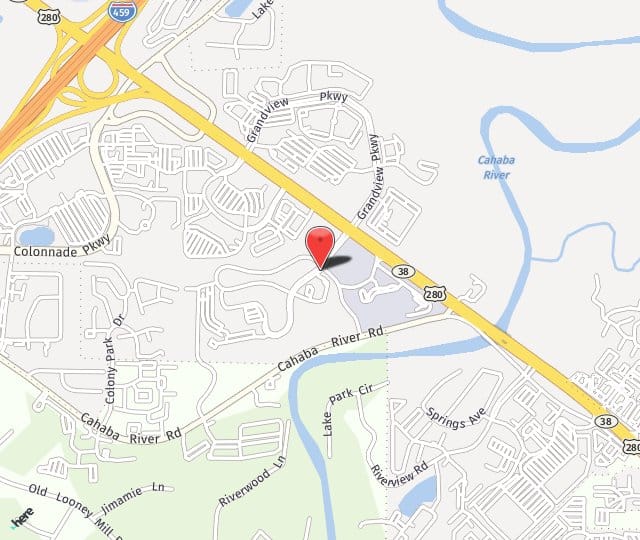
Many people have premature ventricular contractions occasionally. If you’re generally healthy, there’s no reason to worry and you don’t need to treat your PVCs. But if you have frequent PVCs, it’s time to call Dr. Smith and have him check out your heart’s rhythm.
Symptoms Of Premature Ventricular Contractions
These often don’t cause noticeable symptoms. You may feel an odd sensation in your chest. These could feel like:
- Fluttering
- Pounding
- Jumping
- Skipped or missed beats
- Increased awareness of your heartbeat
Anatomy of the Heart
Your heart has four chambers. The upper chambers are the atria and the lower chambers are the ventricles. Your heart’s rhythm is normally controlled by the sinoatrial node, an area of specialized cells in the right atrium.
This is where the heart produces the electrical impulses that trigger a normal heartbeat. Originating in the sinoatrial node, the electrical impulses travel across the atria to the ventricles, causing them to contract and pump blood.
Why do PVCs happen?
PVCs are abnormal contractions that begin in the ventricles. These are extra contractions that usually beat before the next expected regular heartbeat. Because of this, they often interrupt the normal order of pumping, which starts with the atria and then the ventricles. But in PVCs, the ventricles basically butt in.
It’s not always clear why this happens. There are more ominous reasons, such as heart diseases or changes in the body that make cells in the ventricles electrically unstable. Heart disease can also cause the electrical impulses to be improperly routed.
More benign reasons for PVCs are taking allergy or cold medications, drinking alcohol or taking drugs, and increased levels of adrenaline in the body from lots of caffeine, tobacco, exercise, or anxiety.
PVC Treatment
In most cases, Dr. Smith doesn’t need to treat this condition. But if your PVCs are frequent, they need attention and probable treatment.
These treatments could be as simple as lifestyle changes, such as eliminating caffeine or tobacco. It could involve taking beta-blockers to treat high blood pressure or heart disease or taking anti-arrhythmic drugs. Or it could come down to radiofrequency catheter ablation, to destroy the area of heart tissue that is causing the irregular contractions.
Schedule a Consultation
If you think you may be having PVCs, don’t hesitate to contact Dr. Smith at (205) 510-5000 to make an appointment.

